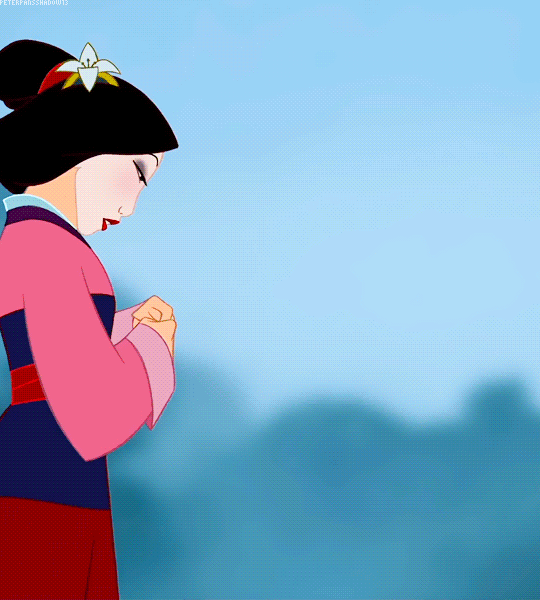A facebook post from 2012
|
Original prompt:
"For this week's discussion, share your experiences with immigration. If you are a first, second, or third generation immigrant, please share a bit about the motives behind the decision to migrate to the U.S. and your experiences. If you are Native American or simply don't know about your family's migration journey, please share your experiences/thoughts/perceptions of immigration in the U.S. This discussion will help us gain a better understanding of the "push and pull" factors of immigration and the diversity in histories you will find in the classroom."
I am a native-born, first-generation American: my parents are immigrants from the Philippines. My father moved to the states after enlisting in the U.S. Navy in 1987, and my mom joined him after they were married two years later. Both of my parents are the first in their respective families to come to America; I am the first on both sides to be a U.S. citizen. Am I an experiment? An American Experiment?
I recently heard, for the first time, why my dad decided to apply to join the navy. In the 80’s, the U.S. still had a large presence in the Philippines and recruited local men; one of those men was dating my aunt. My dad recalled that he and his friends, recent engineer graduates, would pool their money together to buy food and share. He specifically remembered my aunt’s boyfriend— who returned to the Philippines on leave— buying his own bucket of KFC... which was more than enough food for himself, my aunt, and my dad’s crew. Amazed (and probably hungry), my dad and two of his friends initiated the enlistment process; my dad was the only one to be selected from his group of friends and over 300 other Filipino men. Those statistics continue to give me goosebumps. But also because of frickin' chicken.
My mother followed my dad. Her family is large and very poor, and she is still the only one of her siblings to leave the Philippines. Out of all of them, she is considered the most “successful”, and we send money to the family every month. As a military spouse, she found a government job in an office. She also graduated as an engineer, but did not pass the American examinations for her license. This is my understanding, but I’ve never directly asked her about the situation. She doesn’t talk about it. She continues to struggle with English 28 years later, but has grown more comfortable after finding friends in other Filipino military wives.
The inter-generational culture gap that exists in my family weighs heavily on my mind. The struggle of my parents has been hammered into my history: they left their home, they started a new life, they want me to have a better life than they did. The pressure of the precedent set before me and the expectation to “be better” is overwhelming and, frankly, burdensome. Humans of New York once featured a child of immigrants who felt weighed down by his existence "to validate all the risks they took and everything [his parents] went through". I think about that post a lot. My Filipino culture is entrenched in “owing back” and refers to this ideology as utang na laob. This means that I am forever indebted to my parents and God. I struggle with fulfilling this expectation, but also rectifying my beliefs about what my best life truly is. They thought I was going to be a dentist, and they definitely didn't think that I was going to become a teacher. I am never going to be able to change their ideas of success, and everyday my personal definition of success transforms into something more distant from theirs. Weirdly, I often think of my favorite Disney princess: Mulan. I owe a lot of my assimilation to media and entertainment; Mulan was the first popular character I saw that reflected me. How do I navigate the dichotomy of being an Asian daughter to be both the flower and the sword: battling to gracefully preserve the honor of familial heritage and culture versus blossoming into a fierce and formidable warrior by breaking through restrictive traditions of patriarchal society?


No comments:
Post a Comment